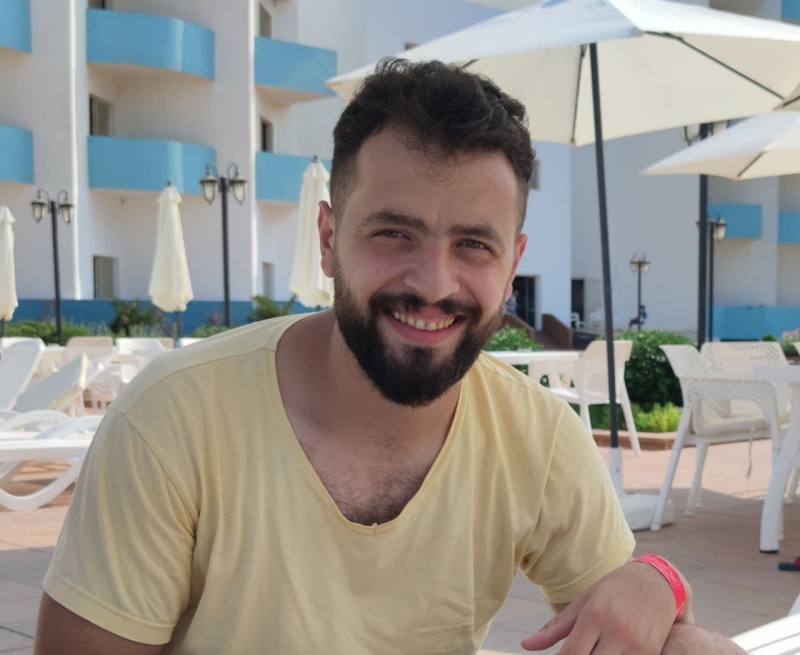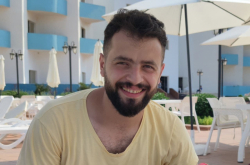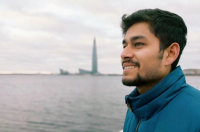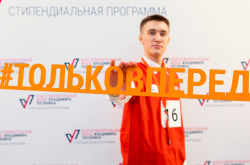Last year, you participated in AI Journey for the first time. Did that experience make it easier to compete this time around?
No, I would not say it was easier. But in the year between the contests, I have had time to learn new things and gain experience.
In 2021, the competition involved a computer vision problem that revolved around object detection and image segmentation. This year, the tasks were on different subjects, such as speech recognition, and so didn’t have anything in common with last year’s. But the past competitions have helped me become familiar with the platform and learn to organize my time within the competition timeline.
This year, you decided to take on several tracks at once, which seems like an even bigger challenge. What motivated you?
Well, at first I was planning to participate only in two tracks: FusionBrain and AI4Biology. But after the first week, there was already nothing left to improve in the algorithm I created for the latter. On the other hand, it takes two days to train an algorithm for FusionBrain, so I had time for one more.
Why did you choose these particular tracks?
Since I took part in three out of four tracks, it might be better to explain why I didn’t join the fourth. That final track, AI4Sea, involves a forecasting time-series problem, which is similar to the very first competition I’d won (NASA’s MagNet). And I wanted to try my hand at something new. I would have taken on that task, too, if I had enough time for it.
If you had to explain in a few words, what was it that you did in each task? What was the most challenging bit?
The first competition, AI4Biology, was about building a machine learning algorithm that could use mass spectrometry data to sort various bacteria into 27 species and identify new ones. This final part – needing to identify new species – was the most challenging one. Another obstacle was the small amount of data available for the task.
In the second track, AI4Talk, the goal was to achieve speech recognition of six different languages – Bashkir, Evenki, Meadow Mari, Kamassian, Tatar, and Yakut – that are spoken by some of Russia’s ethnic groups. The main challenge was that I don’t understand any of these languages and the data we were provided contained a lot of noise and distortion. I had to pre-process the data and then split it so as not to over-train the algorithm. Then, I trained the Wav2Vec transformer and followed up with some post-processing.
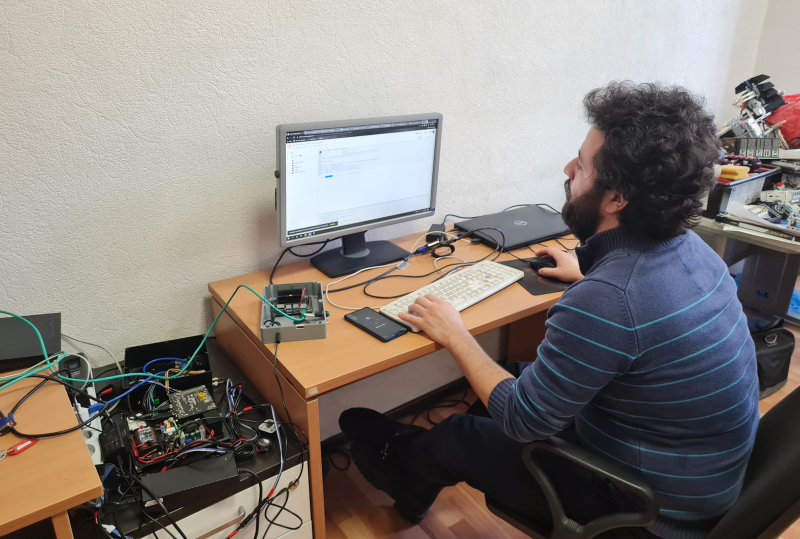
Ammar Ali. Photo courtesy of the subject
But the most challenging and time-consuming was the third track, FusionBrain. The task required me to build a model that can solve 12 different tasks, including six that weren’t known to the participants. The model would receive objectives, such as “generate an image,” “describe an image,” or “answer a question,” in natural language. So, this one model was expected to do 12 different things and we didn’t even know what half of them were – I had never seen a task like that at any other international competition.
There were several challenges here. First of all, a massive network like that takes a while to train, and with the deadline looming it wasn’t possible to experiment a lot or make mistakes. Secondly, this is a new type of model – we’re talking about strong AI here. So, it was very challenging, but also very interesting.
Many contestants were participating as a team. But you went solo – do you find this approach more convenient?
For sure, working with a team is more effective, interesting, and plain fun. But you have to be careful when picking team members, avoiding those who can’t be efficient enough. That’s why I usually participate solo. I do actually have a teammate, but they were busy at the time.
See also:
What would you suggest to students who are planning to take part in the next AI Journey or similar contests?
Machine learning competitions are very different from what you encounter when working as an ML engineer. Here, you need to plan your time properly in order to produce high-quality results on a tight schedule. You have to set clear deadlines and work under unfavorable conditions, such as limited equipment.
It’s difficult, but very exciting – there is nothing like the spirit of competition. It’s also a good opportunity to learn to solve problems quickly, carefully, and efficiently, as well as quickly search for and process data in order to build your solution.
AI Journey is an amazing event not only as a competition, but also as a conference. There are lots of activities available, so you can have a good time and learn new things. All in all, I would say the key to success is this: work hard, plan your time, and trust in yourself.
